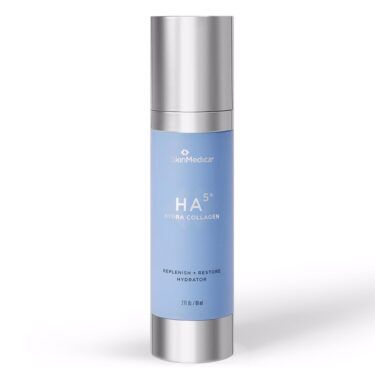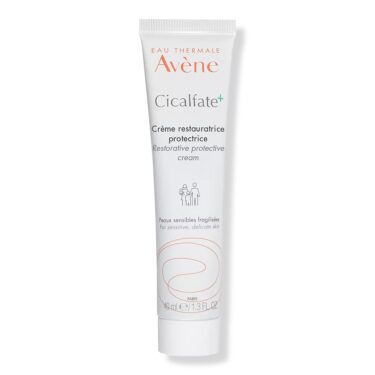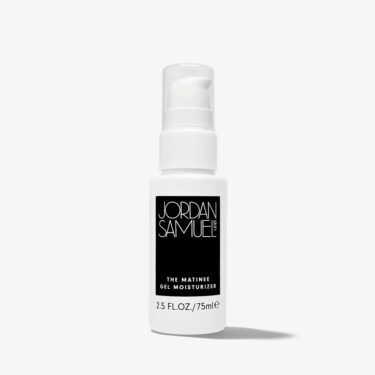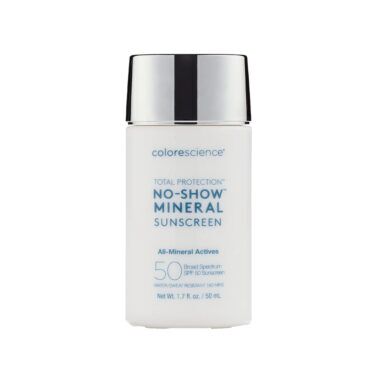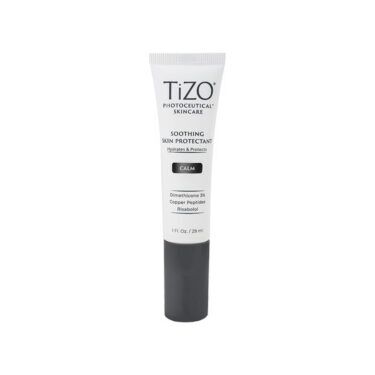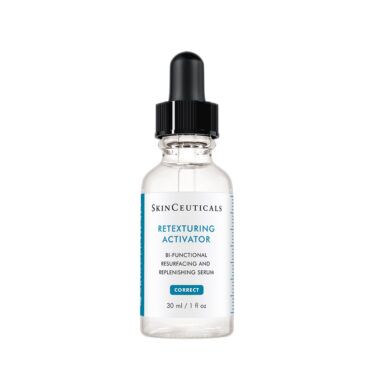We may earn commission from links on this page. Each product featured has been vetted and chosen by our editors.
If you’re old enough to remember those iconic Lubriderm commercials featuring a massive alligator, you probably recall the clever marketing highlighting how dry your skin can get. Winter is when we feel it the most. As temperatures drop and the air becomes drier, so does your skin from head to toe. Moisture loss, irritation and an overall dull appearance can start to show their effects. Fortunately, you can protect your skin during colder months by incorporating the right mix of ingredients into your routine. So, what’s the magic potion for avoiding scaly skin? Our experts weigh in on what to use and what to skip for smooth skin all winter long.
Featured Experts
Which Skin-Care Ingredients Should You Prioritize in Winter?
Winter can be brutal on the skin, so choosing the right ingredients is a must for maintaining moisture and preventing damage. New York dermatologist Elaine Kung, MD, explains, “Humectants like hyaluronic acid and glycerin are key because they draw moisture from the environment into the skin.” These lightweight hydrators are perfect for all skin types and provide a solid base for further moisture retention.
Omaha, NE dermatologist Joel Schlessinger, MD, adds that emollients such as ceramides and squalane work wonders in sealing moisture into the skin’s surface. “Emollients soften and smooth skin by filling in cracks in a damaged barrier, which is especially important in winter,” he notes.
Niacinamide is also a great ingredient to start using if you’re not already, says Southlake, TX and Monroe, LA dermatologist Janine Hopkins, MD. “It helps build proteins in the skin and boosts ceramide production, which is essential for locking in moisture during colder months,” she says, noting it strengthens the skin’s barrier and combats the drying effects of harsh weather and indoor heating.
For more severe dryness or eczema-prone skin, occlusives like petrolatum or dimethicone are vital. “Occlusives create a barrier that prevents water from evaporating from the skin,” says Dr. Schlessinger. This extra layer of protection is especially helpful if your skin tends to crack in the winter.
What Ingredients Should You Avoid?
While most skin-care staples can carry over into the winter months, some ingredients can worsen dryness. “Alcohol-based products and strong exfoliants like glycolic acid can be overly drying when the air lacks humidity,” Dr. Kung advises. “I tell people to put AHAs like glycolic acid aside in winter, especially if they live in cold, dry climates.” She also recommends limiting the use of retinoids during the winter or applying them over moisturizer to buffer their drying effects.
Should You Adjust Your Exfoliation Routine?
Exfoliating in winter is still necessary to keep skin smooth, but it’s important to be mindful of your skin’s sensitivity. Dr. Hopkins suggests swapping harsh exfoliants for gentler alternatives. “Exfoliation still has a place in winter routines but should be gentler. Products with AHA and BHAs help remove dead skin without causing irritation,” she advises.
To avoid over-drying, always follow exfoliation with a moisturizer. “Even if you’re exfoliating, the key is to restore hydration immediately afterward,” says Dr. Kung. This will keep your skin balanced and help you avoid the tight, dry feeling that often comes after using scrubs or exfoliating acids.
How Do Weather and Heat Affect the Skin?
The cold outside and the heat indoors combined can do a number on your skin as both contribute to moisture loss. “Indoor heating dries out the air, making the environment even more challenging for your skin,” says Jordan Samuel Pacitti, founder of Jordan Samuel Skin. He emphasizes the importance of using a humidifier. “A humidifier can help your skin absorb and retain moisture more effectively,” he explains, noting that it can make a big difference in how your skin-care products work. Dr. Schlessinger agrees and adds that formulations matter as much as ingredients. This is the time, he says, for thick, rich moisturizers. “A rich, creamy base can help protect against the harsh elements.”


